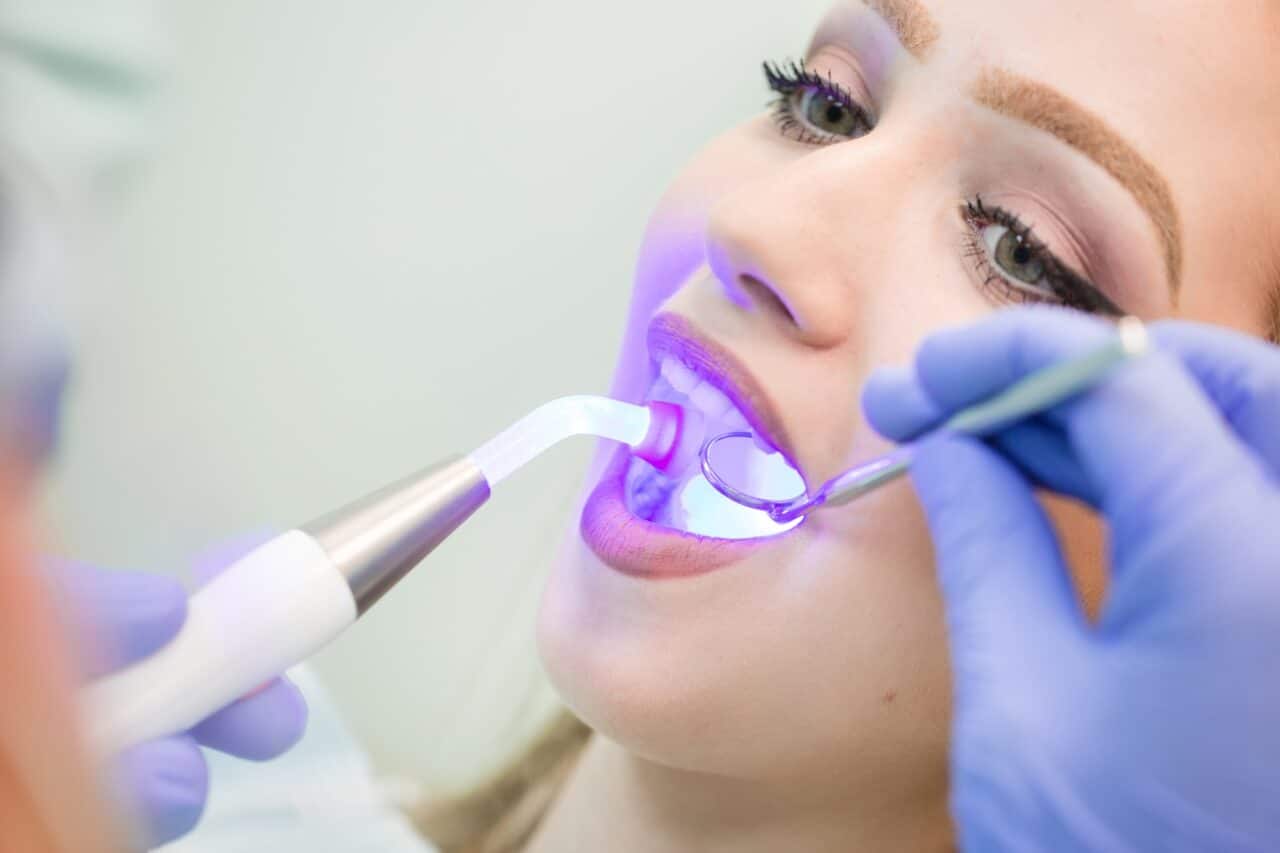“Does tooth bonding hurt?” It’s often the first question that crosses someone’s mind when considering this popular cosmetic dental procedure. While the thought of having your tooth modified might seem intimidating, understanding what actually happens during dental bonding can help put those fears to rest. Unlike more invasive procedures, tooth bonding is typically a pain-free experience that doesn’t even require anesthesia in most cases, as the work remains focused on the tooth’s surface rather than near sensitive nerve endings.
If you’re considering dental bonding to fix a chipped tooth, close gaps, or address discoloration, you’ll be relieved to know that this quick, 30-60 minute procedure is one of the most comfortable cosmetic dental treatments available. Let’s explore exactly what to expect during tooth bonding and why most patients report little to no discomfort during or after the procedure.
Understanding Dental Bonding Pain and Discomfort
Why People Ask About Bonding Pain
Many patients wonder if tooth bonding hurts before getting the procedure. This common concern stems from past dental experiences or anxiety about cosmetic treatments. The good news is that dental bonding is typically a comfortable, minimally invasive procedure that rarely requires anesthesia.
What is Dental Bonding?
Dental bonding is a cosmetic procedure where tooth-colored composite resin is applied to repair:
• Chipped or cracked teeth
• Gaps between teeth
• Discoloration
• Minor cosmetic imperfections
The procedure is usually completed in one visit and remains reversible due to minimal enamel modification.
When Bonding is the Right Choice
Dentists recommend bonding for:
• Minor cosmetic repairs
• Small chips or cracks
• Tooth discoloration resistant to whitening
• Slight gaps between teeth
Your dentist will first check for decay or gum disease, as these issues need treatment before proceeding with bonding.
The Bonding Procedure and Pain Levels
Step-by-Step Process
1. Surface preparation – gentle roughening of the tooth
2. Application of conditioning liquid
3. Placement of composite resin
4. Shaping and molding
5. Hardening with special light
6. Final polishing
Pain and Discomfort Expectations
• Most patients experience no pain during the procedure
• Anesthesia is usually unnecessary
• Work remains on the tooth surface, away from nerves
• Procedure typically takes 30-60 minutes per tooth
Managing Post-Procedure Sensitivity
What to Expect After Bonding
Some patients may experience:
• Mild temporary sensitivity
• Brief adjustment period to the new tooth shape
• Minor temperature sensitivity
Relief Methods
• Over-the-counter pain relievers if needed
• Avoiding very hot or cold foods temporarily
• Using sensitive toothpaste
• Maintaining good oral hygiene
Long-Term Care and Maintenance
Ensuring Bonding Success
• Regular dental check-ups
• Daily brushing and flossing
• Avoiding hard foods and objects
• Touch-ups every 3-10 years as needed
When to Contact Your Dentist
Reach out if you experience:
• Persistent sensitivity
• Sharp edges
• Changes in bite comfort
• Visible chips or wear
Common Myths About Dental Bonding
Setting the Record Straight
Myth: “Bonding always requires anesthesia”
Truth: Most procedures are performed without any numbing
Myth: “The procedure is highly invasive”
Truth: Minimal tooth structure is affected
Myth: “Recovery is lengthy and painful”
Truth: Most patients return to normal activities immediately
Getting Started with Dental Bonding
For personalized advice about dental bonding and to determine if it’s right for you, schedule a consultation with The Dentist LV. Our experienced team will evaluate your needs and ensure your comfort throughout the procedure. Contact us today to learn more about our painless dental bonding services.


